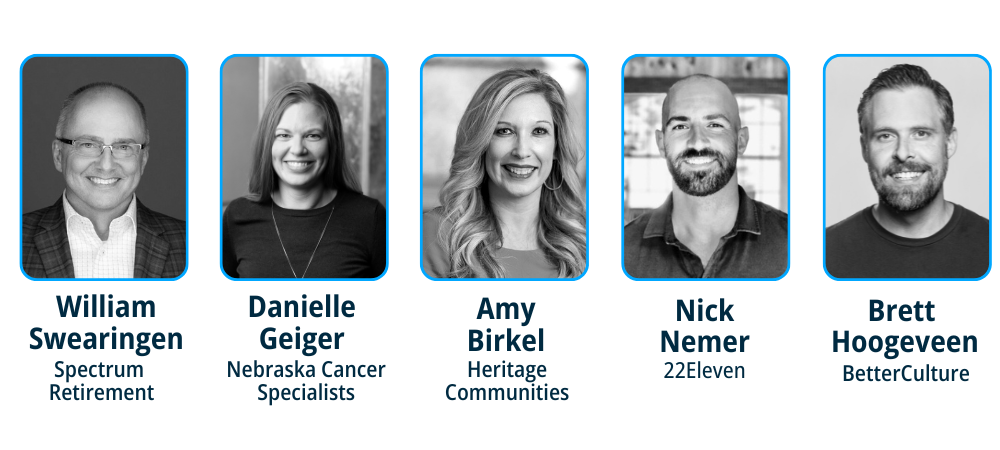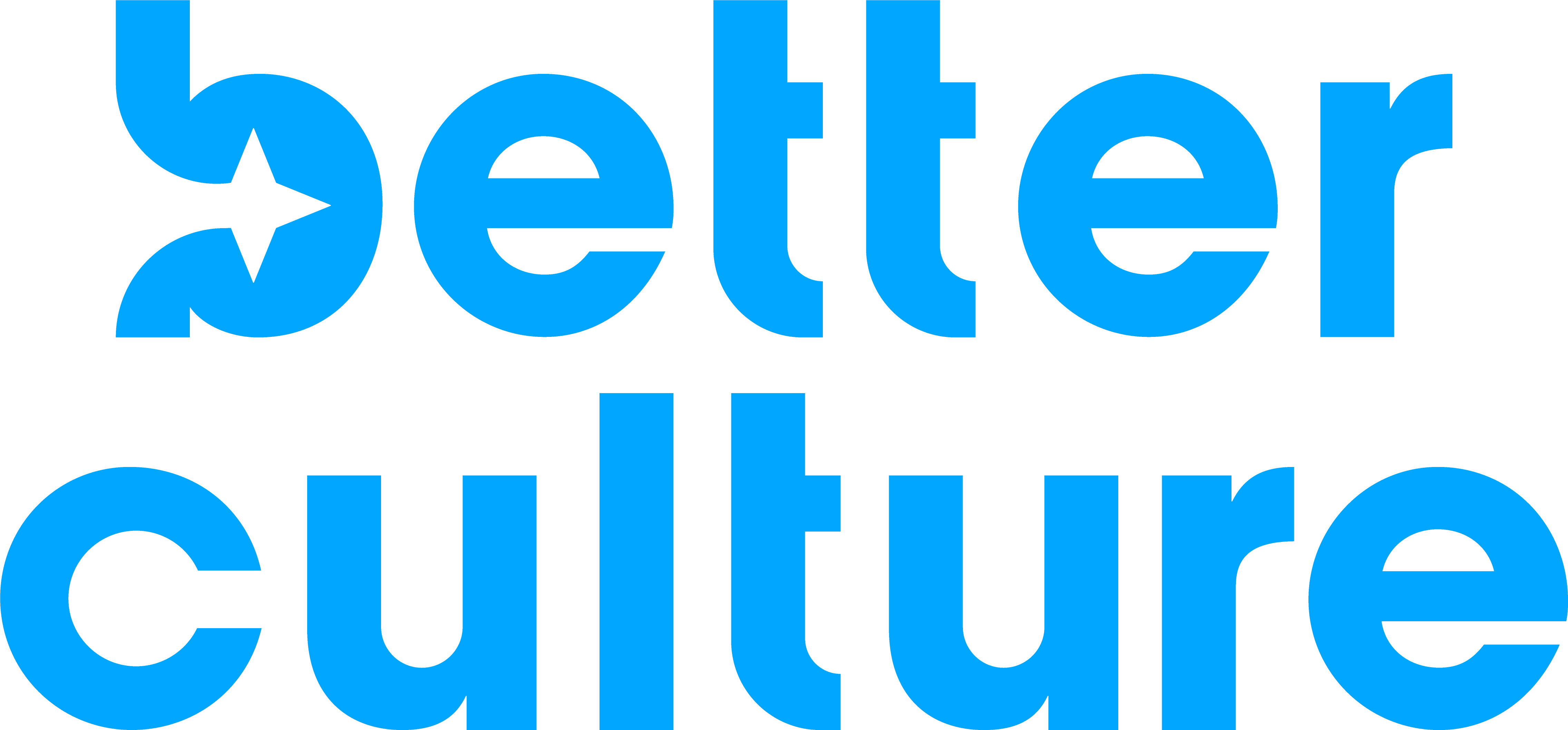What if the success of healthcare communities rested not just on medical expertise but on an intangible force within the organization—its culture? Last week’s eye-opening webinar, aptly titled “Culture: The Key to Excellence in Healthcare,” took us on an exploration of this very question. In this dynamic panel discussion, our experts unraveled the intricate connections between organizational culture and the well-being of residents, family members, and patients, shedding light on the pivotal role culture plays in shaping the healthcare landscape.
Below we are dissecting insights and key takeaways from the session’s agenda that delved into the importance of positive culture, the influence of senior leadership, the impact on patient experiences, and strategies for fostering authenticity and transparency.

Takeaways
Takeaway 1: Employee satisfaction directly impacts patient care and overall organizational success.
In the seminar, the panelists emphasized the importance of treating employees well to ensure they provide top-tier care to patients. Danielle stated, “we have figured out that if we take really great care of our employees, they take really great care of our patients.” She also noted that the attitude and actions of senior leadership significantly influence the overall work environment, suggesting it’s “a little bit like parenting…your kids are going to become who you are so be who you want them to become.” Additionally, Amy concurred that authenticity and transparency are crucial for maintaining a robust and genuine culture in the workplace. She insisted that “the culture should be tangible, it’s real. They’re not just words on a wall.”
Takeaway 2: Overcoming the culture of toxic positivity and fostering genuine relationships.
The panelists discussed the pervasive issue of “toxic positivity” in the workplace, where there is an overemphasis on maintaining a facade of positivity. They stressed the importance of authenticity and transparency in fostering genuine relationships and a healthy work culture. William noted that “if marketing is driving the creation of culture, then you are failing,” highlighting that genuine culture cannot be manufactured. He emphasized that healthy conversation and active listening are essential for developing a positive culture. Amy further added that “as executives, we have to walk our talk. It can’t just be the talk. We have to role model it. We have to live it. If we make a mistake, e are transparent. We correct it. We pivot.”
Takeaway 3: Employee empowerment and engagement are key to a thriving culture.
The panelists also touched on the importance of empowering employees and engaging with them on a personal level. Amy suggested time blocking to ensure leaders make time for employees, while William suggested understanding where negativity stems from and addressing it at its root. He added that “Every great movement no matter where you are in history started with one human. You might be that person.” Danielle emphasized the importance of being present and listening, stating “it’s you know, be there, be present, and listen.” They also highlighted the importance of treating all employees fairly but not necessarily the same, and the value of regular feedback in building a strong workplace culture.
Insights Surfaced
- A positive and authentic organizational culture can significantly contribute to patient and resident experiences, beyond clinical care.
It’s crucial for senior leadership to be invested in fostering a good culture. The leadership’s behavior sets the tone for the entire organization. - Genuine and transparent leadership can lead to better patient outcomes and improved employee engagement.
- Listening to employees and understanding their perspective is key to developing a good culture.
- A good culture can lead to lower employee turnover, increased employee engagement, and improvements in quality measures.
- Being genuine is key to fostering a good culture. It cannot be forced, and everyone can tell when it’s forced.
- It’s important to connect with staff on a personal level and understand their needs and challenges.
- It’s important to be present and intentional in interactions with staff and patients.
Key quotes
- “If we take really great care of our employees, they take really great care of our patients.” – Danielle
- “We have to walk our talk. It can’t just be the talk. We have to role model it. We have to live it. And when we fail, we have to live up to those mistakes.” – Amy
- “The leadership is top down and the employees are looking to those senior level leaders… be who you want them to become.” – Danielle
- “Being genuine is the key to culture. It cannot be forced, and everybody can tell when it’s forced.” – Nick
- “If marketing is driving the creation of culture, then you are failing. Culture is not a printed business side card… it’s that human element continues to be missing in culture creation.”- William
- “You can’t win a war if you are not on that battlefield. And if you get on that battlefield, you need to be willing to do all of the things that it takes to get where it is you want to go.” – William
- “Every single person has the opportunity to impact the culture they work in.” – Brett
- “One step changes things. Take the step.” – William
- “To positively impact culture, just do a little bit more consistently over time and your whole company will get better.” – Brett



